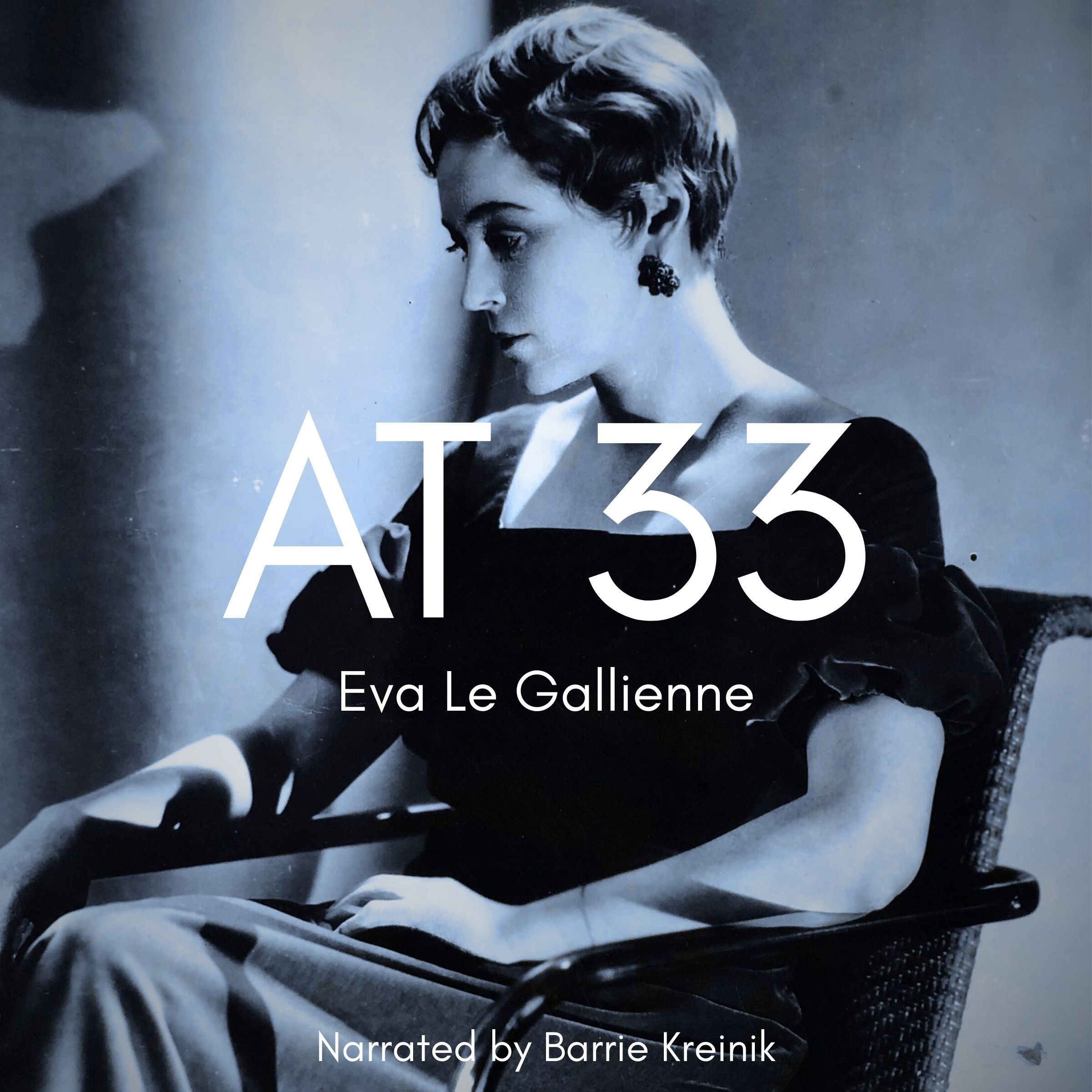Liaoning 4
Listen to Liaoning 4, a 27-year-old woman from Dalian, Liaoning Province, China. Click or tap the triangle-shaped play button to hear the subject.
Both as a courtesy and to comply with copyright law, please remember to credit IDEA for direct or indirect use of samples. IDEA is a free resource; please consider supporting us.
BIOGRAPHICAL INFORMATION
AGE: 27
DATE OF BIRTH (DD/MM/YYYY): 06/08/1989
PLACE OF BIRTH: Qiqihaer, Heilongjiang (but raised in Dalian, Liaoning)
GENDER: female
ETHNICITY: Chinese
OCCUPATION: graduate student and costume designer
EDUCATION: MFA
AREAS OF RESIDENCE OUTSIDE REPRESENTATIVE REGION FOR LONGER THAN SIX MONTHS:
The speaker was born in Qiqihaer, Heilongjiang, China, where she lived until she was 6 years old. From 6 until 18, she lived in Dalian, Liaoning, China. Then she spent 10 years in mid-Michigan, United States.
OTHER INFLUENCES ON SPEECH:
The speaker’s first language is Mandarin Chinese. She also speaks Japanese, Korean, Cantonese, and English. She began studying English in middle school, in 2002. She attended Maple Leaf International High School in Dalian, through the educational system of British Columbia, Canada.
The text used in our recordings of scripted speech can be found by clicking here.
RECORDED BY: Derek Bry (under supervision of Deric McNish)
DATE OF RECORDING (DD/MM/YYYY): 30/03/2017
PHONETIC TRANSCRIPTION OF SCRIPTED SPEECH: N/A
TRANSCRIBED BY: N/A
DATE OF TRANSCRIPTION (DD/MM/YYYY): N/A
ORTHOGRAPHIC TRANSCRIPTION OF UNSCRIPTED SPEECH:
So this is what my grandmother always let their children to have a – to have – to know at least one instrument. And then to h-have at least one habit. So all the — all her granddaughter, which is my cousin and me, we play piano since we were six: every single one of us. Yeah, so that was like my grandmother was – and also we all know painting and we all learn writing; yes, we take the lessons to learn your writing. And then take the les- like the music, like everything, and then me personally I also have the one taking, like the so- like really taking the arts.
[Subject speaks in Chinese. Here is the Simplified Mandarin]: 我生长在大连, 一个海滨城市位于波海海峡。 也是辽宁 省第二大城市。大连风景优美依山傍海。 也是中国第一 大发张 中城市 䢋几年。 有 许多外资 企业引 进大连发展工业事 业。 [Pinyin translation: Wo sheng zhang zai dalian, yi ge hai bin cheng shi wei yu bo hai hai xia. Ye shi lianning sheng di er da cheng shi. Dalian yeng jing you mei yi shan bang hai. Ye shi zhong guo di yi da fa zhang zhong cheng shi ji ji nian. You xu duo wai zi qi ye yin jin dalian fa zhan gong ye shi ye.] [English translation: I grew up in Dalian, a coastal city near the Bo Ocean in China. Dalian is also the second biggest city in the Liaoning Province. Dalian has very pretty and clean environment with lots of mountains. As the top developing city in China, a lot of foreign industrial companies start to move their companies into Dalian in recent years.]TRANSCRIBED BY: Derek Bry (under supervision of Deric McNish)
DATE OF TRANSCRIPTION (DD/MM/YYYY): 31/03/2017
PHONETIC TRANSCRIPTION OF UNSCRIPTED SPEECH: N/A
TRANSCRIBED BY: N/A
DATE OF TRANSCRIPTION (DD/MM/YYYY): N/A
SCHOLARLY COMMENTARY:
The speaker is multilingual. Some of the variations in pronunciation may be due to her unfamiliarity with the vocabulary and should not be taken as accent markers. She speaks very quickly in her native tongue, and that habit carries over to the other languages she speaks. She notes that she is often reminded to slow down in conversation.
In further discussion, the speaker described some of the challenges she has experienced when communicating with Americans. Her main frustration is how little effort people are willing to make when listening to someone with a strong accent. In her experience, people initially judge her or dismiss her because of her accent, but the people who put effort into listening quickly acclimate and have little trouble understanding.
COMMENTARY BY: Deric McNish
DATE OF COMMENTARY (DD/MM/YYYY): 07/05/2017
The archive provides:
- Recordings of accent/dialect speakers from the region you select.
- Text of the speakers’ biographical details.
- Scholarly commentary and analysis in some cases.
- In most cases, an orthographic transcription of the speakers’ unscripted speech. In a small number of cases, you will also find a narrow phonetic transcription of the sample (see Phonetic Transcriptions for a complete list). The recordings average four minutes in length and feature both the reading of one of two standard passages, and some unscripted speech. The two passages are Comma Gets a Cure (currently our standard passage) and The Rainbow Passage (used in our earliest recordings).
For instructional materials or coaching in the accents and dialects represented here, please go to Other Dialect Services.
 IDEA: International Dialects of English Archive
IDEA: International Dialects of English Archive




